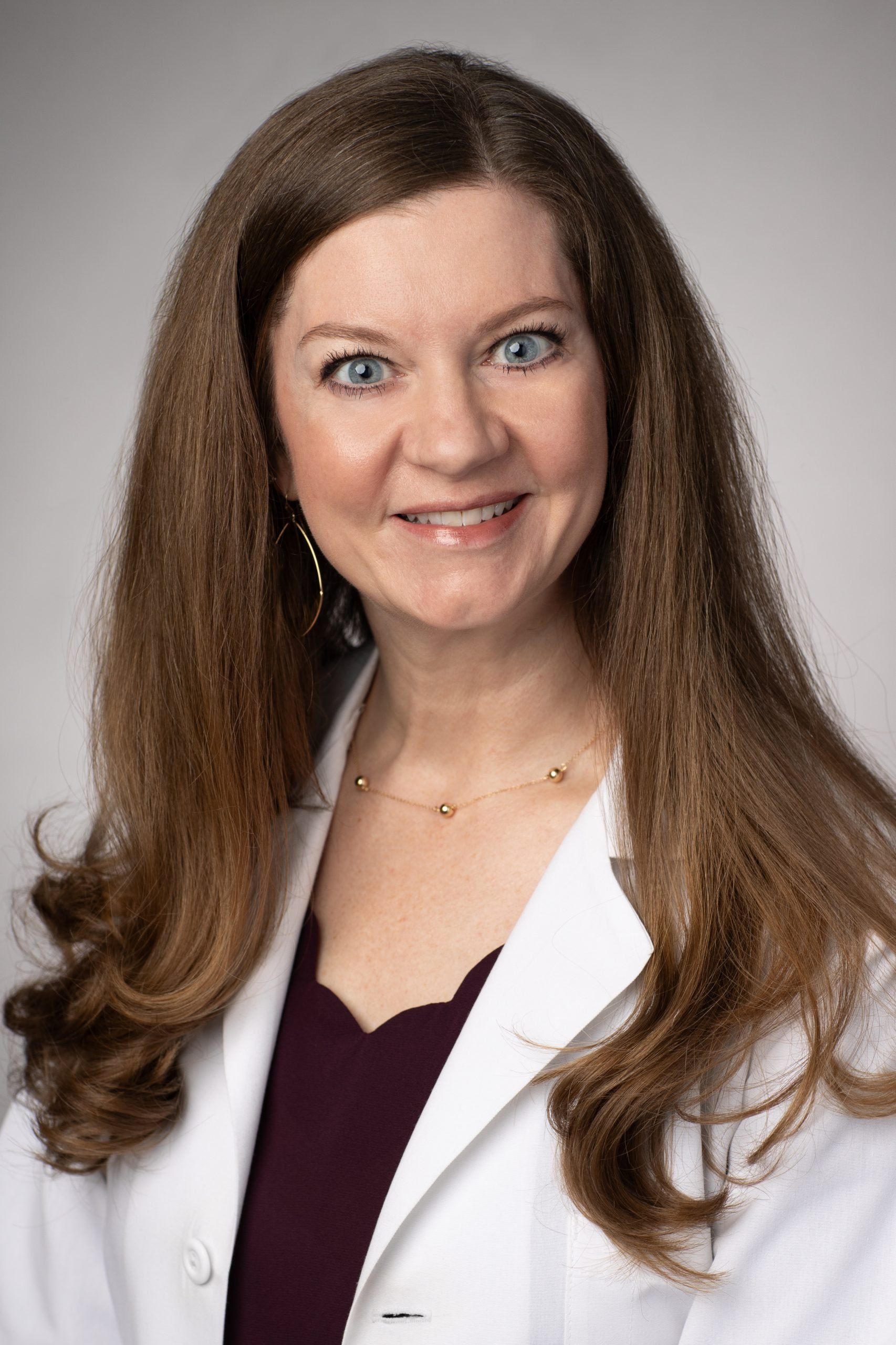This post is written and sponsored by HCA Midwest Health.
There is as much misconception about menopause and hormone treatment as there is misinformation. Our society needs to do a better job at educating women about menopause and perimenopause and supporting them through this transition. This is why I took the initiative to better understand menopause and menopause treatments.
I am very passionate about trying to help women during this phase of life and I want to encourage you to find a doctor who is passionate about treating menopause. Here are some things we wish we could discuss with you in your book clubs, at your workplace, in your gym and at your kids’ sports practices.
Ask questions, that is why we are here.
First, if you sit down with your primary care doctor or gynecologist and they do not give you appropriate support or treatment options to help you, do not give up or be discouraged. This does not make them bad doctors, perhaps just bad at menopause. I would make a terrible nephrologist! Make sure you are talking to someone who has dedicated time and interest in this area so they can help you. Every time a woman says, “I wish I would have found you five years ago,” my stomach sinks because I know she has been suffering. Please don’t stop until you find a doctor who is able to help you. We are here!
Symptoms matter, not hormone levels.
You may be asking yourself, “what are the symptoms of menopause or perimenopause?” Here are common symptoms my patients discuss with me: Hot flashes, night sweats, difficulty falling asleep, poor quality of sleep, fatigue, low energy, dry skin, dry hair, hair loss, vaginal dryness, pain with intercourse, joint pain, mood swings, irritability, brain fog, low libido, weight gain and/or redistribution.
The definition of menopause is the cessation of periods for at least 12 months. The average age of menopause is age 51 or 52. However — here is the important part — perimenopause is the time surrounding menopause when a woman will experience the symptoms associated with menopause. This time can last for four to 10 years, during which, a woman is likely to still be having periods.
Many women (and even some physicians) think that they are not candidates for hormone therapy until they are done having periods, but this is simply not true. The perimenopause time is often the time when women have their very worst symptoms. This is because our ovaries are pumping out an extreme range of hormones during this time and our bodies and moods respond to this. Please don’t think you need to wait to seek help. This is the time to see your doctor. No, you are not “going crazy” or “losing your mind.”
Most women are very good candidates for hormone therapy which can help ease the symptoms associated with the menopause transition. I try to remind my patients that what is happening to them right now is normal. It is so important to normalize menopause and remind each other there is plenty of good life to be lived after menopause. Thankfully though, there are many wonderful treatment options available to women so no one has to just “deal with” the many, sometimes life altering changes that come along with this normal transition.
Please ask your doctor to assess if hormone therapy is safe for you. If it is not, please don’t despair because there are new non-hormonal options available if you are not a candidate due to a medical issue.
As I mentioned above, there is so much misinformation about menopause and hormone therapy. Please talk with your doctor to have a full discussion about your personal risks and benefits of hormone therapy. Remember, this is not your grandmother’s hormone therapy. Hormones do not give everyone breast cancer. It’s just not true.
If hormones are not your thing, that’s great, too.
As I remind my patients, there is no “one size fits all” for the menopause transition. We will find something to help ease your symptoms. Many “boutique” style practices have popped up to take advantage of women during this transition. Please make sure the physician or midwife who is giving you hormone therapy or other treatments is board- certified to do so. We want to make sure everyone is safe during this process.
Keep talking about menopause.
Please talk to your friends. Remember this is a normal process and we all need to support one another through this. Let them know what is working for you and what physicians have been helpful to you. We want to get everyone back to feeling like themselves again as quickly as possible.
Please also keep in mind that the goal of menopause treatments is to help support you in this new phase of your life. This is not a “cure” for menopause and is not meant to make you 28 again. It is important to set appropriate expectations for treatment so I hope you will keep this in mind.
 Dr. Kristi Weaver, is a board-certified OB/GYN with Kansas City Women’s Clinic – a part of HCA Midwest Health.
Dr. Kristi Weaver, is a board-certified OB/GYN with Kansas City Women’s Clinic – a part of HCA Midwest Health.
The board-certified obstetricians and gynecologists of HCA Midwest Health’s Physician Services Group are committed to providing advanced, personalized and expert care for women. Our physicians offer years of experience and specialized skill in all aspects of female health – from routine well-woman care to prenatal and childbirth care to treatment for menopause symptoms or other gynecologic health issues. We also deliver more specialized gynecologic care such as urogynecology and gynecologic oncology. Find a doctor at mymidwestphysician.com/gyn.

















